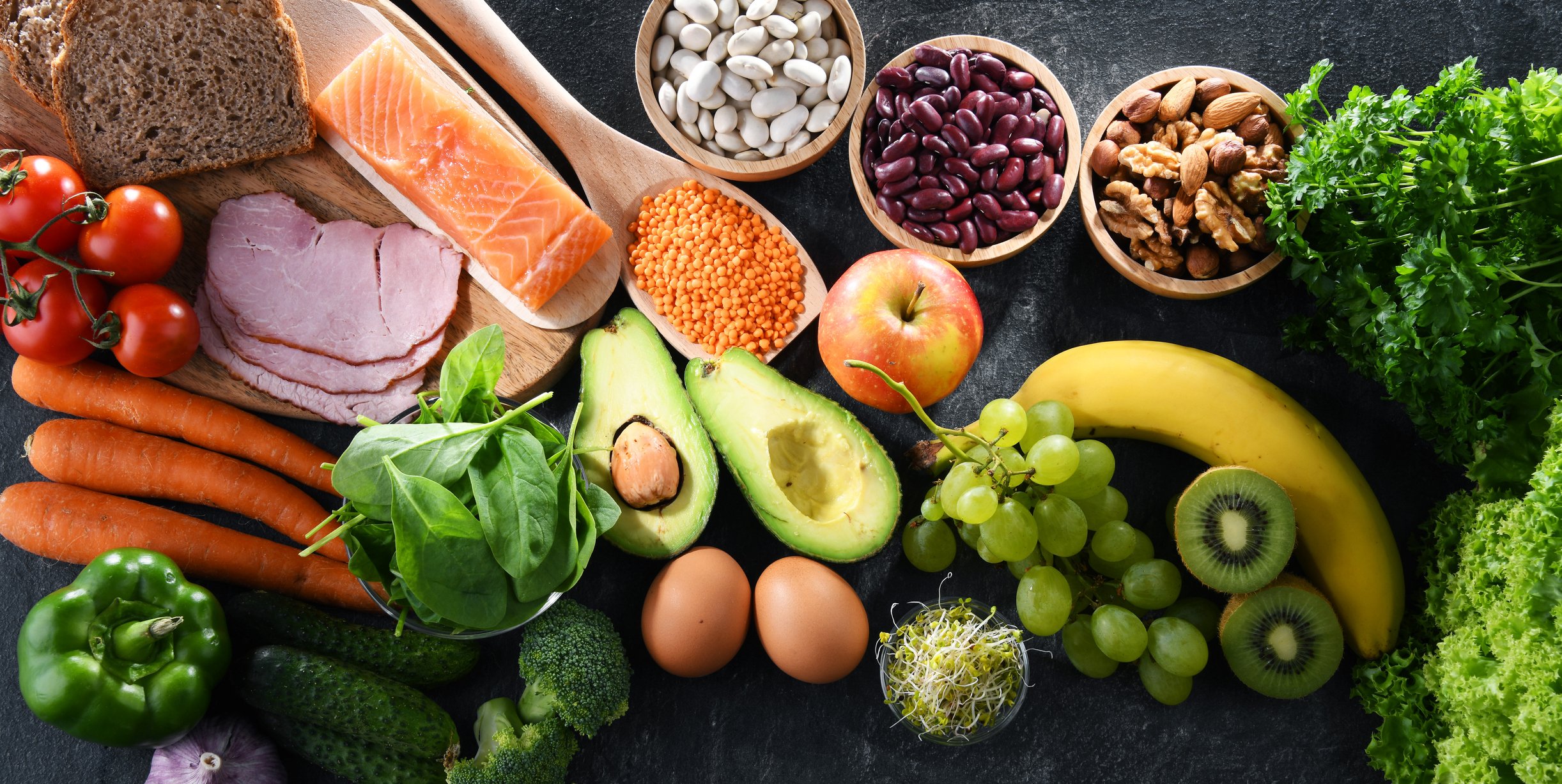Unveiling the Power of Macronutrients
Unveiling the Power of Macronutrients
When it comes to achieving a balanced and healthy diet, understanding macronutrients, commonly known as "macros," is essential. Macros are the building blocks of our diet, providing the energy and nutrients our bodies need to function optimally. Macronutrients are the three main categories of nutrients found in the foods we consume: carbohydrates, proteins, and fats. Each macro plays a vital role in the body and provides a specific amount of energy per gram. Carbs are the primary source of energy for our bodies. They are broken down into glucose and used as fuel for various bodily functions and contain 4 calories per gram.[1] Proteins are crucial for repairing and building tissues, supporting immune function, and producing enzymes and hormones, also containing 4 calories per gram. And finally, fats are essential for hormone production, cell membrane structure, and the absorption of fat-soluble vitamins. Fats contain 9 calories per gram.
People might focus on macros for various reasons:
• Weight Management: Understanding macros can aid in weight management. Balancing macros can help control calorie intake and regulate hunger, which may support weight loss or muscle gain goals.
• Performance and Recovery: Athletes and active individuals may focus on macros to optimize their performance and enhance post-exercise recovery.[2]
• Metabolic Health: Research suggests that the distribution of macros in the diet can impact metabolic health, such as blood sugar regulation and cholesterol levels.
While the concept of "macros" has gained popularity in the fitness and nutrition communities, it's essential to approach macro adjustments with a balanced perspective. Adjusting macros allows for personalized nutrition based on individual goals, activity levels, and preferences. Additionally, proper macro balance can ensure sufficient energy for daily activities and support peak performance during workouts and what is more, balancing macros can promote feelings of satiety and satisfaction, reducing the likelihood of overeating or unhealthy food cravings.[3]
If you choose to do so after talking to your physician, adjusting your diet to accommodate macros requires thoughtful planning:
• Calculate Your Macronutrient Needs: Determining your daily calorie needs and desired macro distribution can be done through various online calculators or with the guidance of a registered dietitian.
• Choose Whole Foods: Emphasize whole, nutrient-dense foods to meet your macro goals, such as lean proteins, whole grains, fruits, vegetables, and healthy fats.
• Track Your Intake: Utilize food tracking apps or journals to monitor your daily food intake and ensure you're staying within your macro targets.
Understanding macros and their role in diet and nutrition can empower you to make informed food choices tailored to your unique needs and goals. Whether you are seeking weight management, improved performance, or enhanced overall well-being, paying attention to macros can offer valuable insights and benefits. Remember that individual dietary requirements may vary, and consulting with a registered dietitian or nutritionist can provide personalized guidance to optimize your nutrition journey. Embrace the power of macros and fuel your body with the balanced nutrients it craves for a healthier and more vibrant life!
[1] Hu, T., Yao, L., Reynolds, K., Niu, T., Li, S., & Whelton, P. K. (2012). The effects of a low-carbohydrate diet on appetite: A randomized controlled trial. Nutrition, Metabolism, and Cardiovascular Diseases, 22(11), 872-876. doi: 10.1016/j.numecd.2010.12.007
[2] Helms, E. R., Aragon, A. A., & Fitschen, P. J. (2014). Evidence-based recommendations for natural bodybuilding contest preparation: Nutrition and supplementation. Journal of the International Society of Sports Nutrition, 11(1), 1-20. doi: 10.1186/1550-2783-11-20
[3] Li, Z., Wong, A., Henning, S. M., Zhang, Y., Jones, A., Zerlin, A., ... & Heber, D. (2014). Hass avocado modulates postprandial vascular reactivity and postprandial inflammatory responses to a hamburger meal in healthy volunteers. Food & Function, 5(4), 745-751. doi: 10.1039/c3fo60464f

